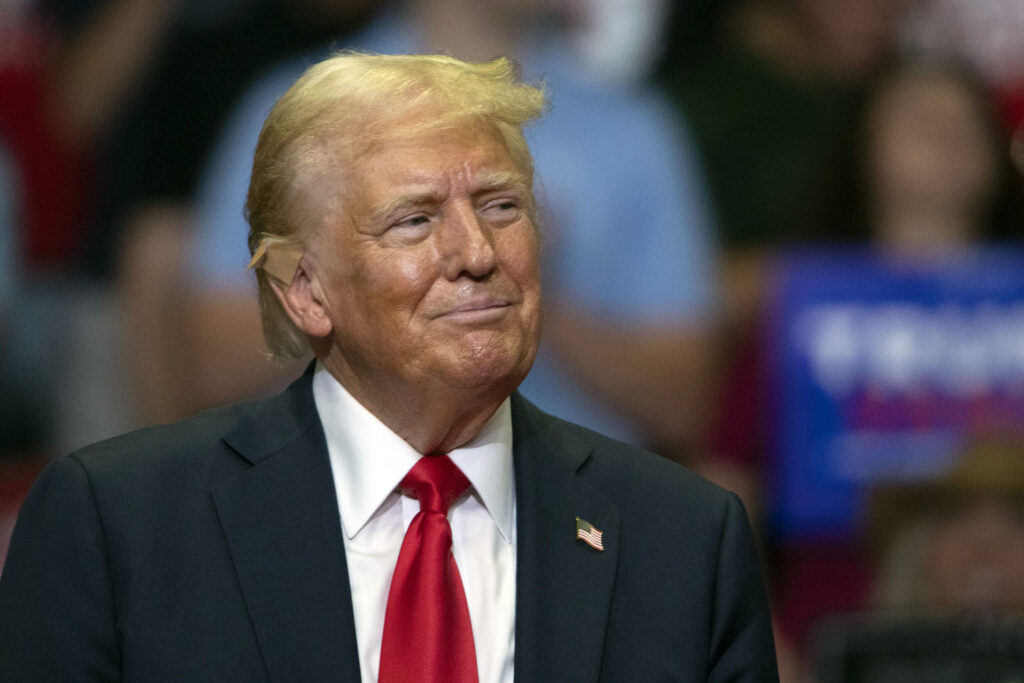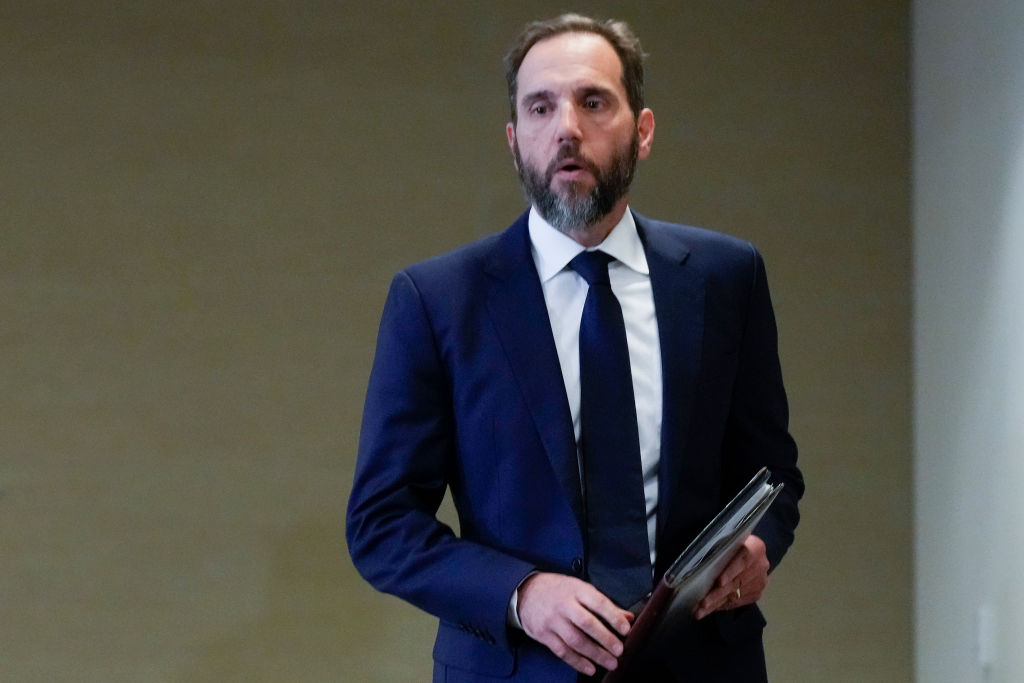Could a President Harris Ditch Jack Smith in Bid To Convict Trump for Secret Mar-a-Lago Documents?
If the government moves on from the special counsel and refiles the case, Judge Cannon could find herself passed over.
If Vice President Harris wins the presidency, her attorney general would need to plot a path forward for the troubled Mar-a-Lago case against President Trump — possibly by relieving Special Counsel Jack Smith of his duties. That could, in turn, move Judge Aileen Cannon off the case.
Setting a strategy for Ms. Harris to manage the prosecutions of her predecessor is likely to be high on the list of priorities in a nascent Harris administration. Before the Californian acceded to the Senate, she served as the district attorney of San Francisco and as California’s attorney general. She has framed this election as one that pits a prosecutor against a felon.
That dramatic step has emerged as a possibility in the wake of Judge Cannon’s ruling that Mr. Smith’s appointment by Attorney General Garland violated the Constitution’s Appointments Clause because the special counsel was not confirmed by the Senate. The jurist ruled that the defect could only be remedied by dismissing the 40 charges handed up against Trump.

Legal observers had viewed the Mar-a-Lago case, on its merits, as the strongest one of the four criminal cases — two state and two federal — filed against Trump. That was before Judge Cannon was assigned to the case. Her rulings have been more favorable to Trump than those of her counterpart in the January 6 case, Judge Tanya Chutkan, or those of the judges in the two civil suits against Trump, which have yielded financial judgments against the former president.
After Judge Cannon threw out the Mar-a-Lago case, a vexed Mr. Garland took to television to defend his appointment of Mr. Smith, who was prosecuting war crimes at the Hague when the attorney general hired him to investigate Trump for storing documents at his Palm Beach manse and attempting to overturn the results of the 2020 election. He asked if he resembles someone who would make the “basic mistake about the law” that he accuses Judge Cannon of blundering into.
Mr. Smith has asked the United States Court of Appeals for the 11th Circuit to reverse Judge Cannon. He will argue that his appointment did not require Senate confirmation, and that Mr. Garland acted pursuant to statutes that empower the attorney general to name subordinate prosecutors. The Supreme Court, in United States v. Nixon, appeared to endorse that view. Judge Cannon, though, reckons that was non-binding.

The rub for the government is that even if the 11th Circuit reverses Judge Cannon, the case would return to her Fort Pierce courtroom for further proceedings. She has ruled against Mr. Smith on matters large and small. These comprise her appointment of a special master, her opposition to redacting the names of witnesses, and her openness to Trump’s formulation of possible jury instructions. She was appointed by the 45th president. By contrast, Judge Chutkan, an appointee of President Obama, has been supportive of Mr. Smith in the January 6 case.
If Ms. Harris reaches the Oval Office, her attorney general could take a bolder tack against Judge Cannon. If the Department of Justice drops the charges — and Mr. Smith — the case could be refiled by a United States attorney for the Southern District of Florida. That attorney would have to convene another grand jury, but a study of how frequently they handed up charges discloses something like a 95 percent success rate for prosecutors. Every United States attorney is confirmed by the Senate, which would obviate the Appointments Clause issue that bedeviled Mr. Smith.
If the case is refiled, its assignment would be dictated by the “Internal Operating Procedures” of the Southern District of Florida. That manual mandates: “All civil and criminal cases … shall be assigned on a blind random basis so that the District workload is fairly and equally distributed among the active Judges.” There is a “single criminal wheel from which all new criminal cases will now be assigned.” That wheel, twice spun in the Mar-a-Lago case, has now twice handed up Judge Cannon. Could a third time be a charm for the government?
In this scenario, Mr. Smith could work as a subordinate to the United States attorney, and that prosecutor would have the benefit of the work he has already done to build the Espionage Act case against the 45th president. If the case is refiled, though, there is no guarantee that its second incarnation would mirror its first, which comprised 32 Espionage Act charges and eight accusations of conspiracy and obstruction. The Espionage Act, signed into law in 1917, has never been used against a president.
One legal sage, Joshua Blackman — he argued against Mr. Smith’s appointment before Judge Cannon — tells the Sun that Mr. Garland is unlikely to opt for the refiling option before the election. That’s because passing the case to the Department of Justice would strip it of the protections against firing that regulations accord to a special counsel, who can only be terminated for “good cause.” If Trump wins and moves to fire Mr. Smith, the latter could sue.
If Ms. Harris wins, though, and declines to pardon her predecessor, the path to a conviction in the Mar-a-Lago case — widely seen as the strongest of the four criminal ones Trump faces — could require setting Mr. Smith, and Judge Cannon, aside. The special counsel would still have his January 6 case to prosecute, possibly with a slimmed-down indictment crafted to survive the Supreme Court’s ruling on presidential immunity. Bloomberg News reports that the special trial will forgo a mini trial over immunity and instead take the time to review his indictment.





Post a Comment